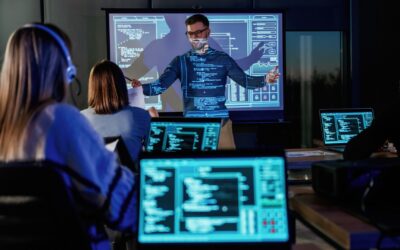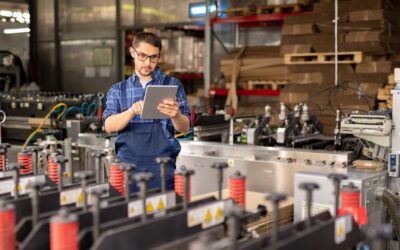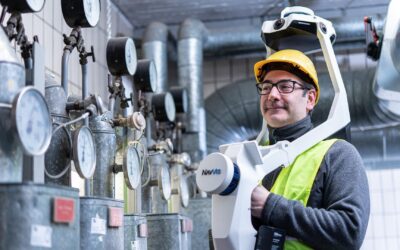As the world shifts towards cleaner and more sustainable energy sources, hydrogen is emerging as a key player in the global energy transition. With its ability to store and transport energy efficiently, hydrogen holds immense promise for industries seeking alternatives to fossil fuels. However, the ramp-up of hydrogen production presents its own set of challenges, from reducing costs to optimizing efficiency.
Enter digital twin – the game-changer in accelerating the hydrogen revolution. By replicating real-world plant operations in virtual simulations, engineers and operators can fine-tune designs, identify potential issues early on, and streamline production processes. This not only reduces commissioning times but also slashes production costs, making hydrogen production more economically viable.
But what exactly are digital twins, and how do they work their magic? A digital twin is a virtual replica of a physical asset, such as a production plant, that consolidates data from all lifecycle phases.
Read this article in full here.
Siemens is a technology company focused on industry, infrastructure, transport, and healthcare. From more resource-efficient factories, resilient supply chains, and smarter buildings and grids, to cleaner and more comfortable transportation as well as advanced healthcare, the company creates technology with purpose adding real value for customers. By combining the real and the digital worlds, Siemens empowers its customers to transform their industries and markets, helping them to transform the everyday for billions of people.




